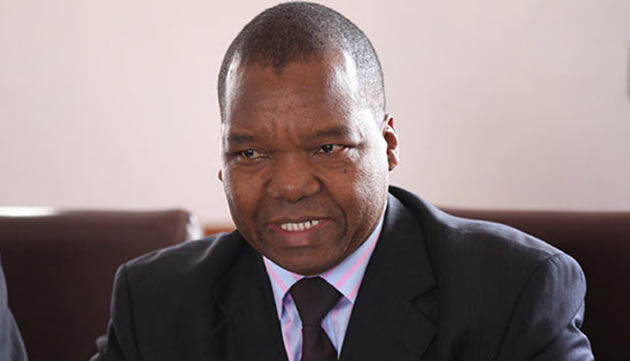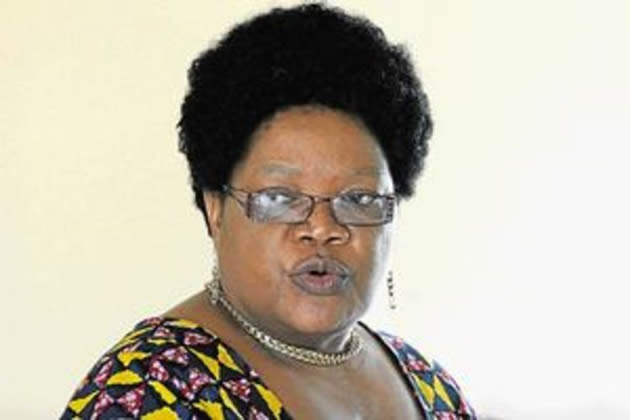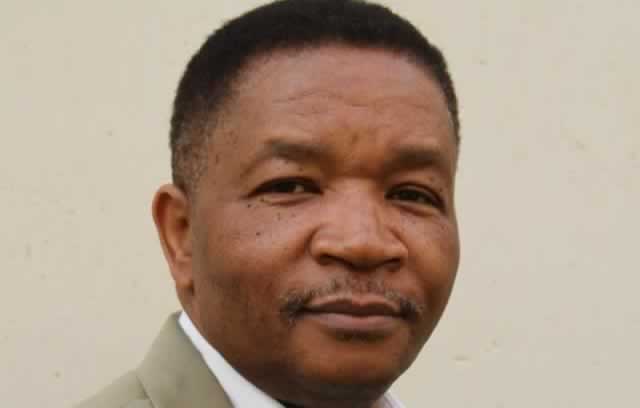Editorial Comment: Name, shame those who externalise funds

While it is an open secret that Zimbabwe is in the throes of a liquidity crunch, it is worth noting that part of this stems from nefarious financial and economic activities.
According to the Reserve Bank, money laundering is one way funds have been spirited out of the economy to foreign bank accounts at Zimbabwe’s expense.
This therefore begs the question whether it is not time fiscal and monetary authorities reined in the situation by naming and shaming culprits.
This is tantamount to economic sabotage at a time Government has left no stone unturned in its efforts to improve the state of the economy.
There are various reasons why Zimbabwe is in a tight liquidity situation, which has made it difficult for companies to retool, recapitalise, raise productivity or survive the difficult domestic and global economic situation.
The most common ones include the fact that the country has no domestic currency (relies on use of a basket of foreign currencies, low exports due to constrained production and lack competitiveness, low investment, absence balance of payment support and minimal portfolio investments in securities.
It should, however, be noted that among the common issues, (market, political and economy related) are illegal financial and economic activities in the domestic economy, which monetary authorities have identified as money laundering.
Ordinarily, a country in the throes of financial and liquidity constraints should ideally want to have flexible monetary and financial regulation laws to be able to oil economic activities.
This, however, becomes difficult when friendly financial and monetary regulations become instruments for economic sabotage as unscrupulous business people and criminal elements take advantage to siphon cash out the country.
The Reserve Bank of Zimbabwe has since put in place stringent prudential measures to plug illicit financial flows, after nearly $2 billion was siphoned out of the country last year by individuals and companies, worsening the liquidity situation.
The new measures include getting rid of the concept of free funds, reporting suspicious transactions and using plastic money.
Anyone who wants to withdraw above $10 000 is now required, with effect from February 5, 2016, to give local banks reasonable notice of at least a day.
In his monetary policy statement delivered earlier this month, RBZ Governor Dr John Mangudya said money was flowing illegally out of Zimbabwe, in the process worsening liquidity in the economy.
A total of $864 million was externalised in 2015 by individuals under free funds for dubious and unwarranted purposes.
The RBZ said this included remittance of donations to oneself, offshore investments and externalisation of export proceeds by corporates through individual accounts leading to pervasive tax evasion and externalisation of funds.
A total of $1,2 billion was externalised by companies in the form of export proceeds, high management and expert fees.
Certainly, fiscal, monetary and state security officials by now should have a fair appreciation of who the culprits are.
We believe naming and shaming them could be a major step towards stemming the cancerous effect of such conduct.
Zimbabwe cannot afford to appear to turn a blind eye to such retrogressive financial and economic activities, more so when it has no monetary tools such as a domestic currency and must use productively the little available funds.
It is against this background that we strongly believe there is no honour or gain in continuing to protect perpetrators of money laundering who are working against efforts to achieve a fast economic turnaround.









Comments